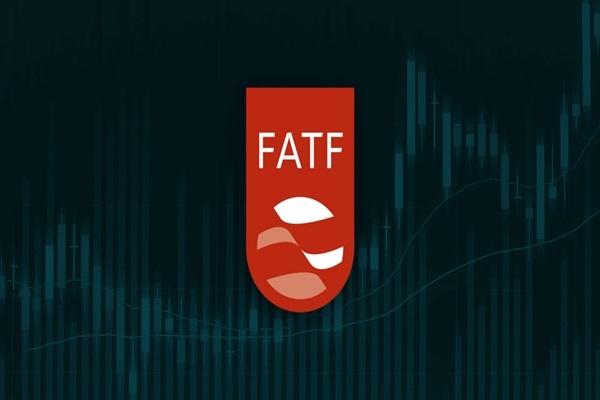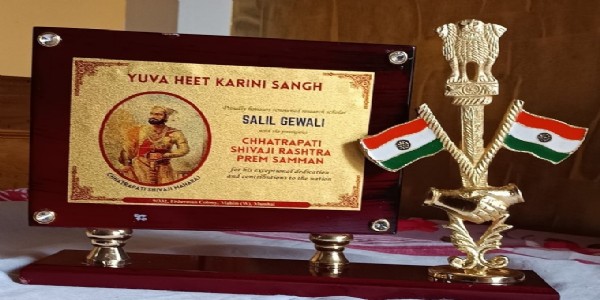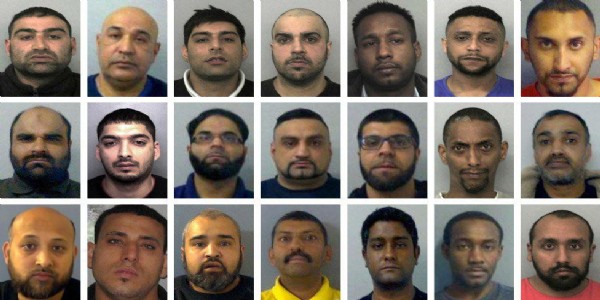‘Violent extremist organisation’ in India collected funds through well-structured networks: FATF report
Total Views |
The 'violent extremist organization' under investigation in India acquired cash through "well-structured networks" that included physical and online fundraising tactics such as distributing QR codes and account data, according to the Financial Action Task Force (FATF) in its latest report.

The FATF report mentions the banned group Popular Front of India (PFI) without giving its name or any information about it. The Popular Front of India (PFI) is mentioned in the FATF report, but only in passing. It appears that the PFI has conducted fundraising efforts in mosques and other places, with the proceeds going toward the purchase of armament, ammunition, and the training of its members.
"Indian officials reported that a violent extremist organization under investigation raised funds via well-structured networks that stretched across the entire country." The group's fundraising strategies included offline and online procedures, such as spreading QR codes and account details via which contributors were requested to contribute money, as well as solicitation at mosques and public locations.
"Over 3,000 bank accounts and informal value transfer systems were used," claimed the FATF in its latest report, citing a case study on PFI.
The FATF, an autonomous intergovernmental body, is devoted to developing and proposing policies to protect the global financial system against money laundering, terrorist financing, and the spread of weapons of mass destruction.
The FATF, an autonomous intergovernmental body, is devoted to developing and proposing policies to protect the global financial system against money laundering, terrorist financing, and the spread of weapons of mass destruction.
According to the Indian Express, the FATF's on-site review of India is scheduled for November, and the assessment is expected to be discussed during the plenary session in June 2024. The previous full assessment of India was done in 2010, but it was postponed until 2023 due to the COVID-19 epidemic, which prompted the FATF to temporarily suspend evaluations.
It went on to say that the accounts in question were both local and international, making this case incredibly complex to examine. According to the FATF, the monies were used to purchase weaponry and ammunition as well as train the cadres of the violent extremist organization, among other things.
According to the study, the monies generated through crowdfunding were also invested in enterprises and real estate projects to provide consistent income for terrorism-related operations.
According to the FATF, "eight individuals in leadership roles within the violent organization have been arrested" on TF allegations, and prosecution reports have been made. "As a result of the investigation, Rs 3.5 crore in assets are being sought for confiscation," the statement said.
According to the study, the monies generated through crowdfunding were also invested in enterprises and real estate projects to provide consistent income for terrorism-related operations.
According to the FATF, "eight individuals in leadership roles within the violent organization have been arrested" on TF allegations, and prosecution reports have been made. "As a result of the investigation, Rs 3.5 crore in assets are being sought for confiscation," the statement said.
"Indian officials reported that a violent extremist organization under investigation raised funds via well-structured networks that stretched across the entire country."
The group's fundraising strategies included offline and online procedures, such as spreading QR codes and account details via which contributors were requested to contribute money, as well as solicitation at mosques and public locations.The FATF stated that "over 3,000 bank accounts and informal value transfer systems were used."
Bharati Web







